Listener Letters with Dallas and Bobby
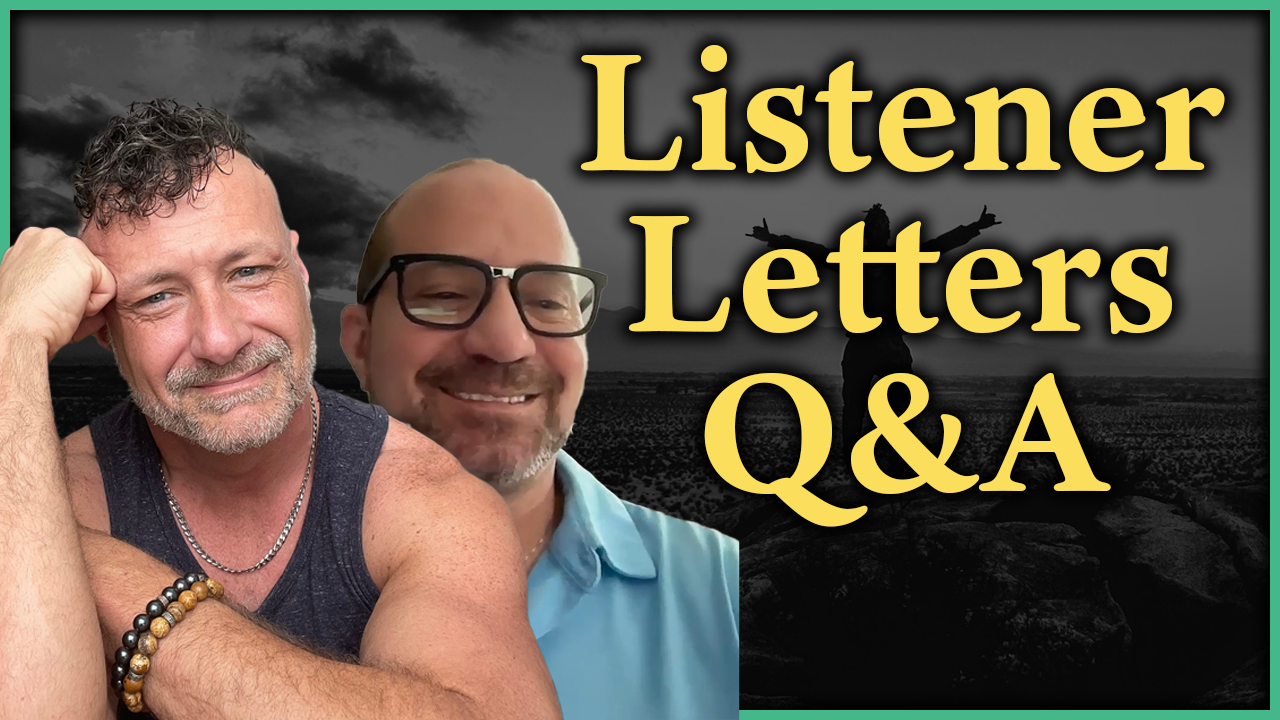
Thank YOU for sending in your questions. These inquiries will help many men around the world.
Enjoy this episode and reply to this email if you have additional questions!
Sexual Recovery & Libido
Question: "My sex drive is almost non-existent now. How long will it take to get my libido back? I was meth-free for two years, then relapsed and have been using daily for four weeks because my sex drive never returned."
Dr. Bragg's Response: Recovery of sexual function requires both time and intentional healing work. Key insights include:
- Mindset First: You must believe you will recover sexually. Many decide prematurely that they'll never enjoy sex again
- Timeline Reality: Sometimes it takes up to two years for full brain recovery. Physical function (morning erections) is often the first sign of healing
- Practical Approaches:
- Practice mindful masturbation without pressure to perform
- Create sober sexual fantasies to reprogram your arousal template
- Consider natural testosterone support through diet, exercise, and breathwork
- Address underlying trauma that affects sexual confidence
Bobby's Experience: Recovery took about 18 months, emphasizing the importance of finding understanding partners who respect boundaries during the healing process.
Understanding ChemSex vs Other Addictions
Question: "Can you explain what exactly differentiates chemsex from other types of addictions?"
Dr. Bragg's Response: ChemSex has distinct characteristics that set it apart:
- Origin & Definition: Term created by David Stewart in England, specifically referring to men who have sex with men using strong chemicals (meth, mephedrone, GHB) for sexual enhancement
- Cultural Context: Has its own language, platforms, and community (PNP, chill-out parties, specific apps)
- Unique Dynamics: Unlike straight individuals who might use meth for sex with one partner, MSM communities often involve seeking multiple partners and complex sexual scenarios
- Minority Stress Factor: Gay and bi men face additional stressors that contribute to higher addiction rates
The Death Process & Alter Ego Work
Question: "I watched your video about addictive behaviors and alter ego death process. Can you explain what you meant?"
Dr. Bragg's Response: Recovery involves grieving the loss of your using identity through five stages:
- Denial: "I can control this" or "I only use occasionally"
- Anger: Rage at losing the state of mind that made you feel free and uninhibited
- Bargaining: "I can use every three months" or "I'll only smoke, not slam"
- Depression: Recognizing you must leave this life and do significant work
- Acceptance: Surrendering and embracing the recovery journey
Alter Ego Integration: Rather than villainizing the part that wants to use, understand what it truly needs (connection, validation, freedom from shame). This part doesn't need to die—it needs to be redirected toward healthier ways of meeting those core needs.
Finding Community & Support
Question: "I've been to NA meetings but can't identify with others' experiences. Where can I meet other crystal meth addicts?"
Dr. Bragg's Response: Multiple pathways exist for finding meaningful support:
- Specialized Groups: Crystal Meth Anonymous (CMA), Dharma Recovery, SMART Recovery
- Online Communities: Free chemsex support groups led by Dr. Fawcett and Mel McCracken
- Alternative Approaches: LGBTQ+ centers, refuge recovery programs
- Deeper Consideration: Examine what you truly need—often it's unconditional acceptance and non-judgment, which anyone can provide
Bobby's Insight: CMA allows discussion of sexual aspects that NA/AA discourage, while AA provides more consistent support structure. Many find value in attending both.
Social Media Triggers & Digital Boundaries
Question: "Social media is a huge trigger for relapse. I've tried deleting accounts but end up isolated and miss helpful recovery content. How can I use social media healthily?"
Dr. Bragg's Response: Create intentional digital environments:
- Fresh Start Strategy: Create completely new accounts to build a recovery-focused algorithm
- Conscious Curation: Only follow accounts that support your healing journey
- Algorithm Awareness: Your "For You" page reflects your viewing habits—make them intentional
- Assessment Tool: If you find yourself drifting toward triggering content, it reveals areas where you need stronger boundaries
Meth Psychosis & Recovery
Question: "Can you have meth psychosis after sleeping for a day or two?"
Dr. Bragg's Response: Yes, psychosis can persist beyond immediate use due to:
- Brain Chemistry Changes: Overdose can permanently alter brain function
- Super Meth Factor: Current purity levels (99.9%) cause more severe and lasting psychosis
- Recovery Approach:
- Observe psychotic behaviors without self-judgment
- Understand this is a consequence, not your permanent identity
- Avoid asking "Am I crazy?" which reinforces the problem
- Allow temporary coping behaviors (like taping windows) without shame
Key Insight: Maintaining self-awareness during psychotic episodes is actually a positive sign—it means part of you remains unaffected.
Grief, Trauma & Breaking Cycles
Question: "I lost both my brothers last year—one to fentanyl, one to alcohol. I used to party with them, and meth helps numb the pain and makes me feel connected to them. I can stay sober for weeks but keep relapsing when I'm sad, bored, and horny."
Dr. Bragg's Response: Address the root causes systematically:
- Boredom Solution: Create a compelling vision for your future self
- Loneliness Healing: Connect with support groups and consider therapy for grief processing
- Identity Work: Write down your values, goals, and who you want to become
- Honoring Loss: The best way to honor your brothers is by living your highest existence
Core Principle: You must develop psychological strength and vitality that comes from having something meaningful to move toward, not just something to move away from.
Willpower vs Environmental Design
Question: "I know meth is bad for me theoretically, but I don't have the willpower or motivation to quit. Where can I find that?"
Dr. Bragg's Response: "Willpower is bullsh*t"—create conditions where using isn't an option:
- Environmental Changes: New phone number, delete all apps, remove dealer contacts
- Accountability Systems: Stay with friends during high-risk times, use phone lock boxes
- Calendar Strategy: Identify danger zones and schedule commitments that prevent use
- Witness Protection Approach: Treat early recovery like you're starting a completely new identity
Core Truth: You can't rely on self-control when meth brain is activated. You must interrupt the pattern through external structure.
Couples Recovery
Question: "What's your advice for a couple trying to quit together? How do we cope when we're both triggered, or if one slips and the other doesn't?"
Dr. Bragg's Response: Function as a single recovery unit:
- Unified Approach: Both partners implement all recommended changes together
- Closed Relationship: Eliminate sexual triggers during early recovery
- Trust & Honesty: Maintain complete transparency about cravings and triggers
- External Support: Don't rely solely on each other—use outside accountability partners
- Daily Check-ins: Morning and evening dialogues about feelings and challenges
Key Principle: If one person is weak, you're both weak. If one is strong, you're both strong. Treat the relationship as one person going through recovery.
Timeline Questions & "Normal" Recovery
Question: "Will I ever feel normal again? How long will it take? I've heard it takes half your usage time for your brain to recover."
Dr. Bragg's Response: Reject limiting timelines and focus on daily growth:
- Research Reality: Brain scans typically normalize within 12-24 months with healthy lifestyle choices
- Formula Fallacy: Mathematical recovery formulas aren't supported by research
- New Normal: Focus on becoming your best self rather than returning to a previous baseline
- Daily Practice: Hit five areas daily—spiritual, mental, psychological, educational, physical
- Mindset Shift: Stop asking "When will I be normal?" and start asking "How can I be better today?"
Fighting ChemSex Stigma
Question: "How can we fight the stigma around chemsex? The jokes in the gay community make it hard for people to seek help."
Dr. Bragg's Response: Combat stigma through education and dialogue:
- Community Education: Share stories, support podcast reach, volunteer with LGBTQ+ organizations
- Business Community: Present at chambers of commerce and professional groups
- Personal Sharing: Reduce shame by speaking openly when safe to do so
- Reality Check: Many people use who you'd never suspect—the secrecy perpetuates stigma
Bobby's Addition: The shame keeps people isolated and lying to partners and friends, when often everyone is struggling with similar issues.
Integration & Safer Sexual Practices
Question: "What are effective and safer ways to integrate sex so the roller coaster can be avoided?"
Dr. Bragg's Response: Gradual, mindful reintegration:
- Mindful Masturbation: Practice during daytime rather than traditional nighttime chem sessions
- Balanced Approach: Don't completely avoid sexuality—find middle ground
- Alternative Platforms: Use dating apps like Hinge that don't prioritize instant gratification
- Community Connection: Meet people through volunteering, meetup groups, and LGBTQ+ events
- Understanding Partners: Find sex partners who understand boundaries and recovery needs
Core Recovery Principles
Throughout all responses, several key themes emerge:
- Environmental Design Over Willpower: Create conditions where healthy choices are inevitable
- Identity Transformation: Recovery is about becoming who you're meant to be, not just stopping use
- Community Connection: Healing happens in relationship with others who understand
- Trauma-Informed Approach: Address underlying wounds that drive addictive behaviors
- Holistic Health: Physical, mental, emotional, and spiritual recovery work together
- Patience with Process: Brain healing takes time, but improvement begins immediately with healthy choices
Remember: Recovery isn't about perfection—it's about continuous, compassionate self-discovery and growth toward your highest potential.
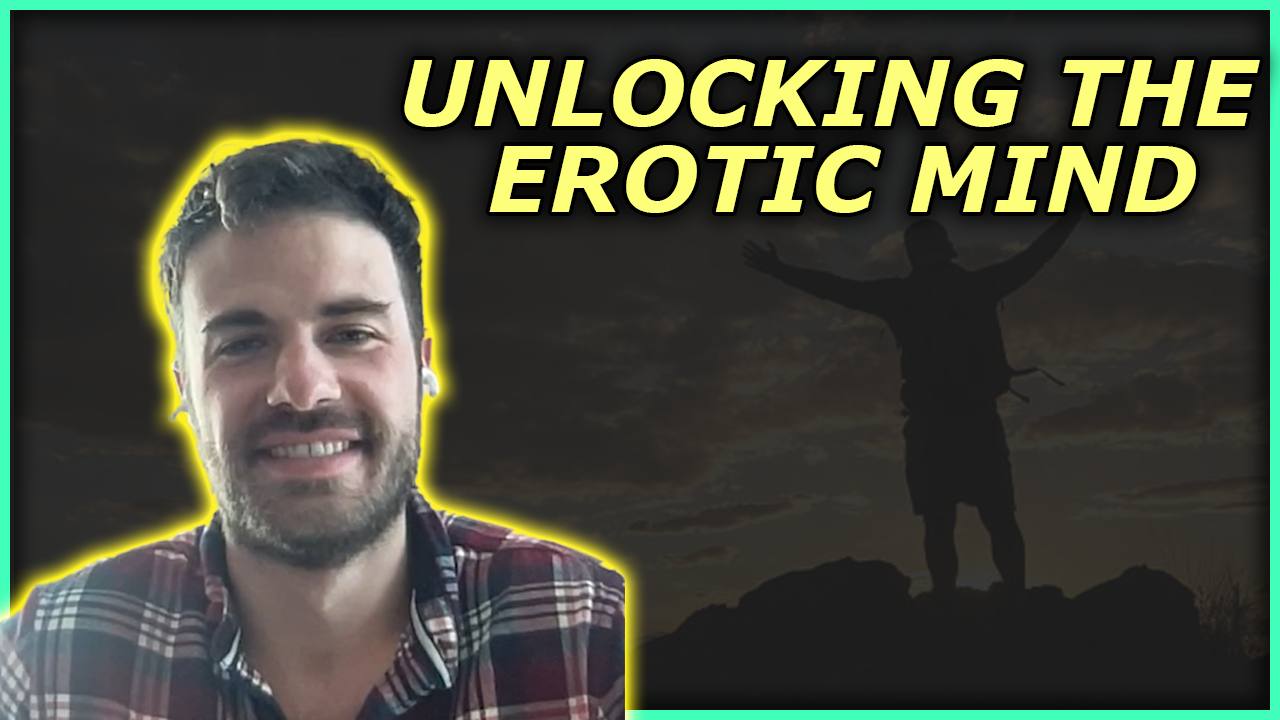
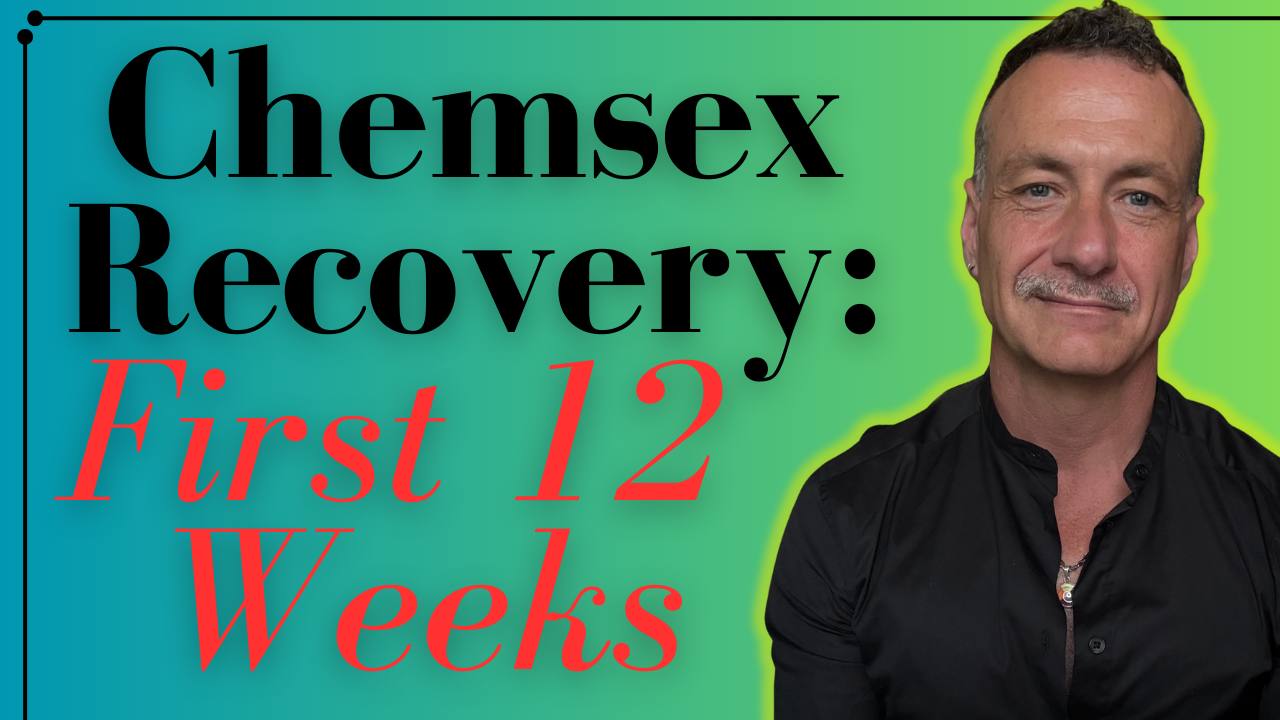
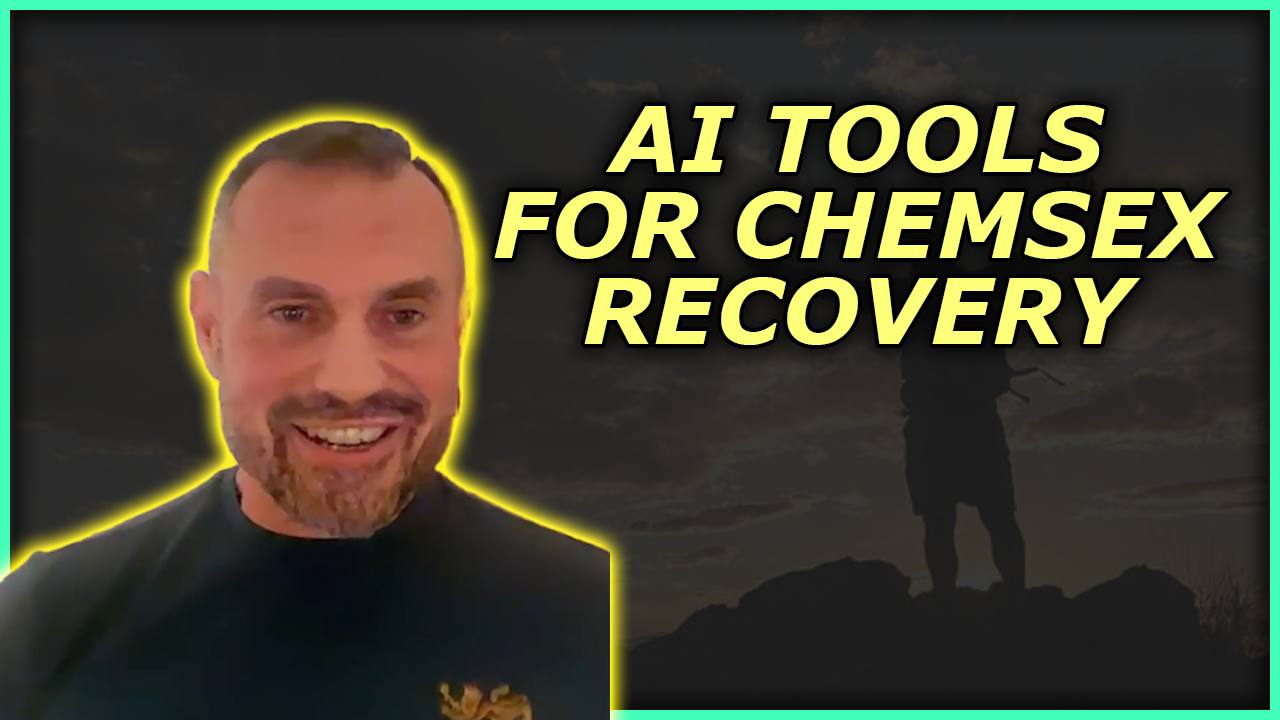

Responses